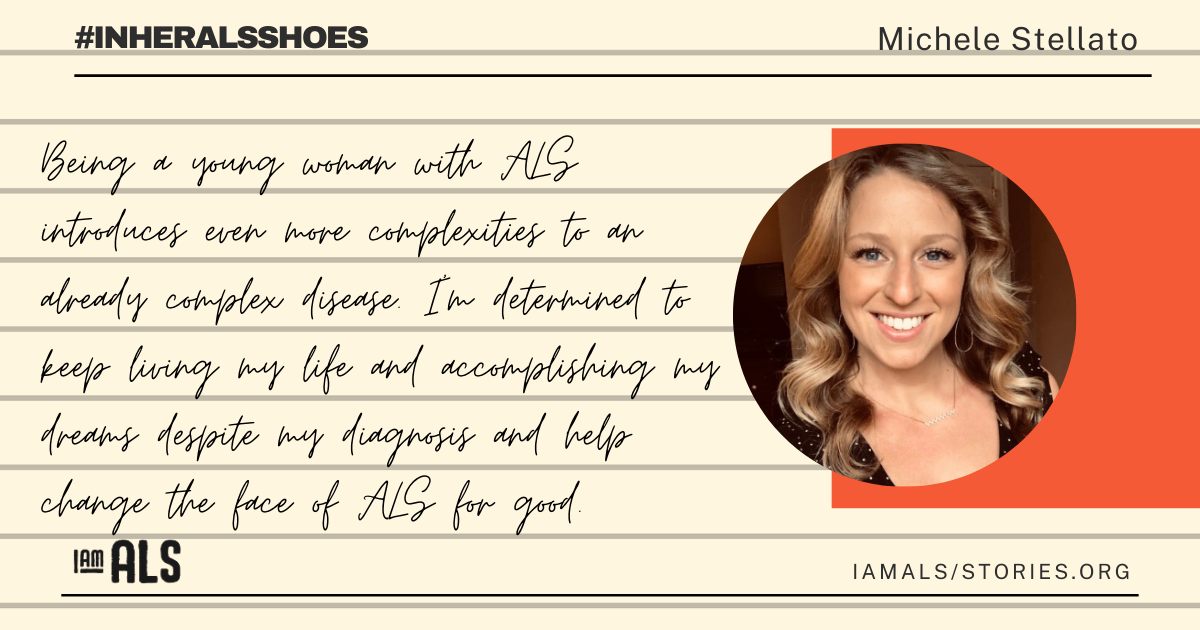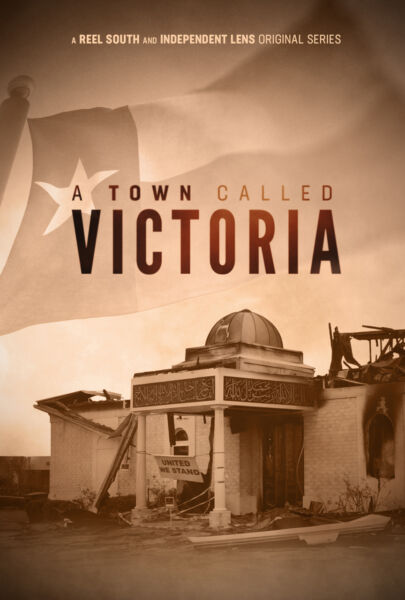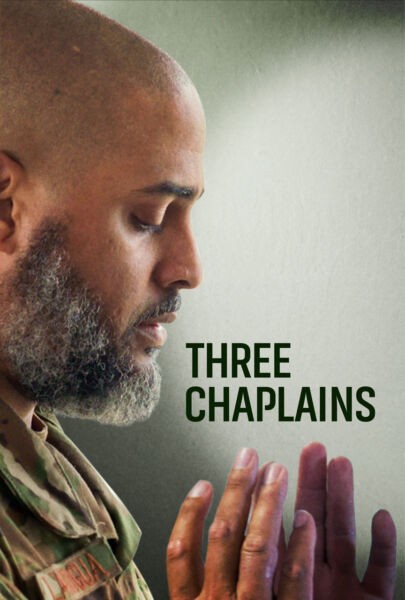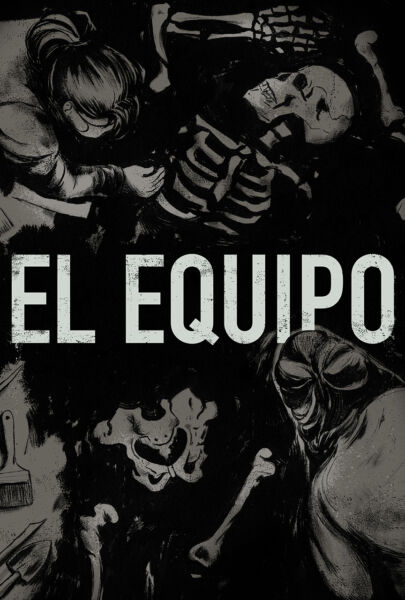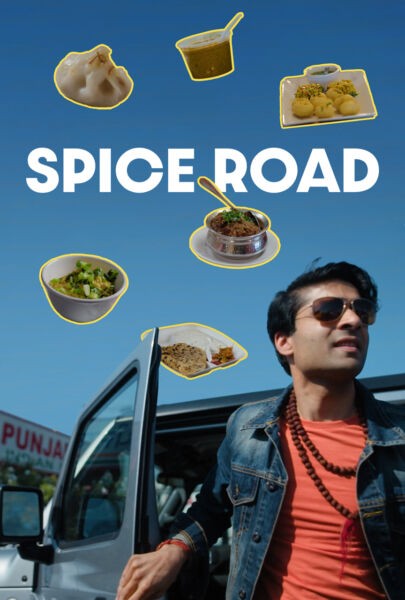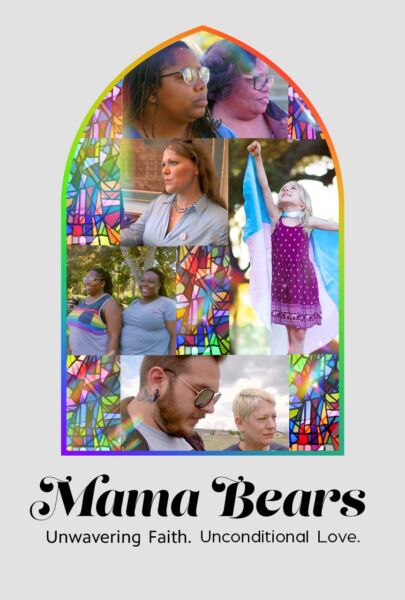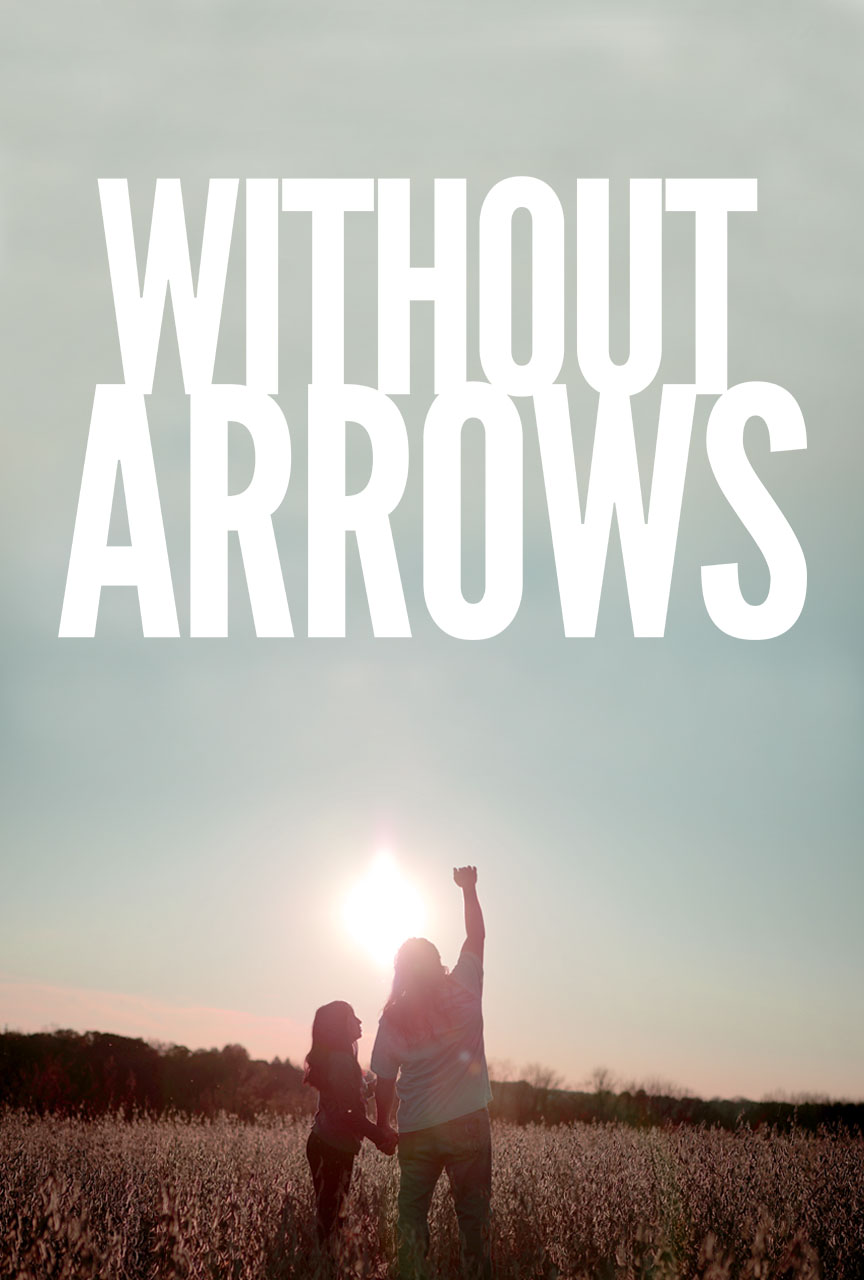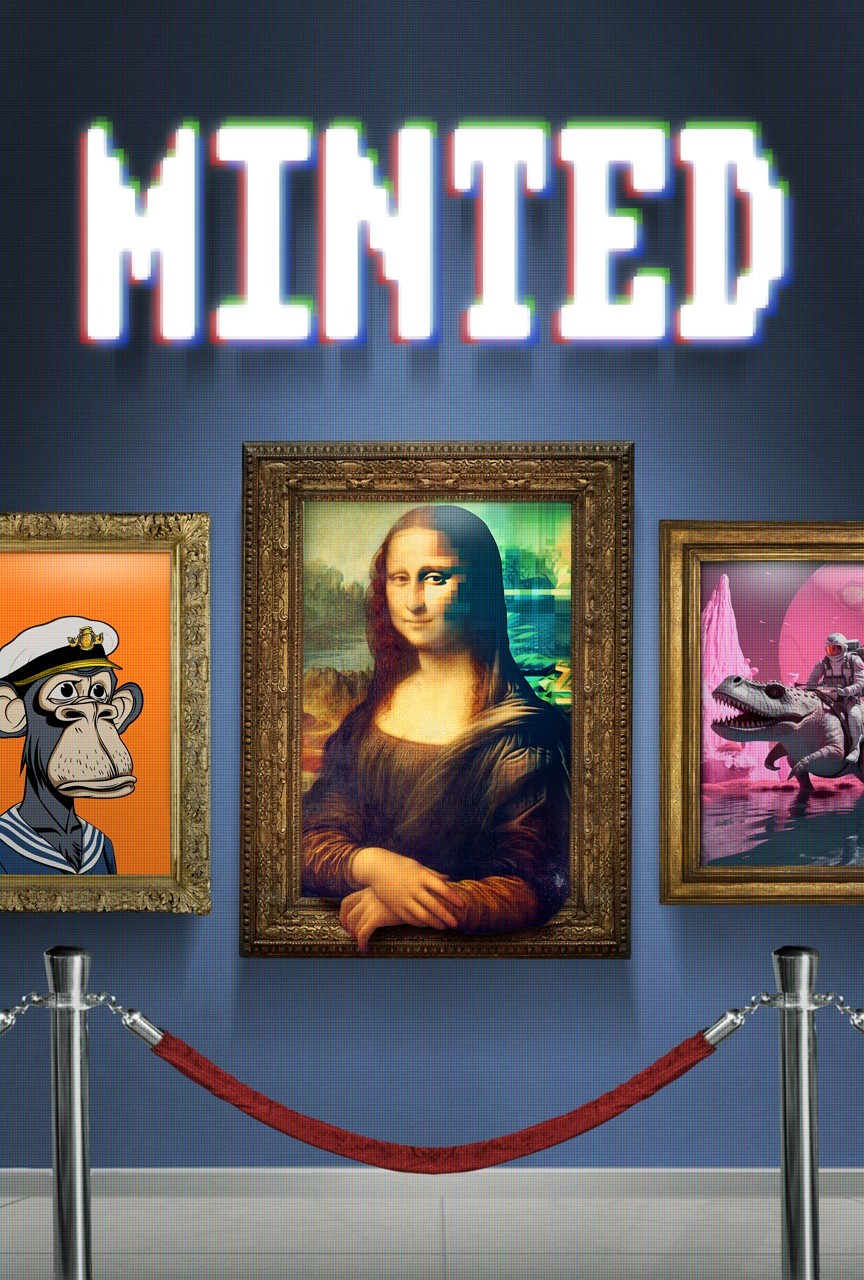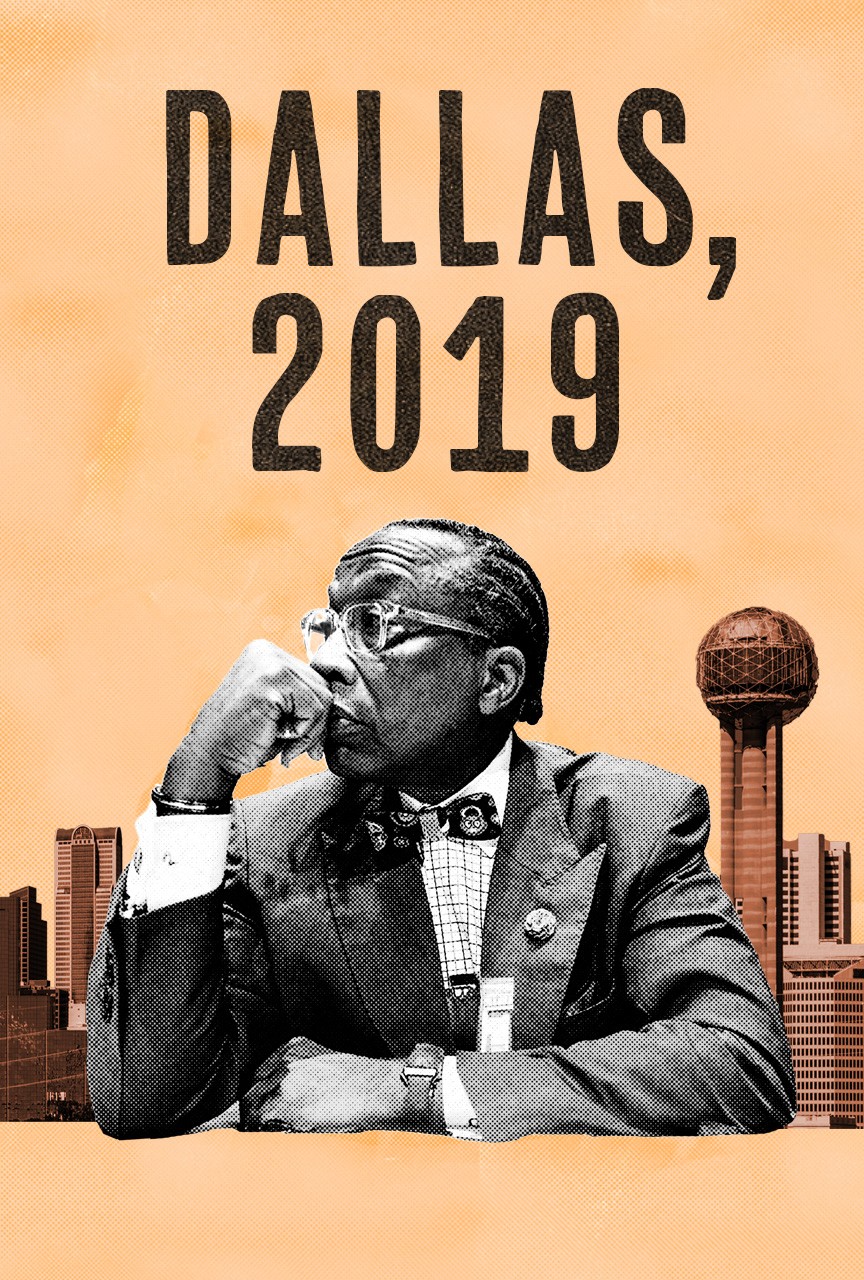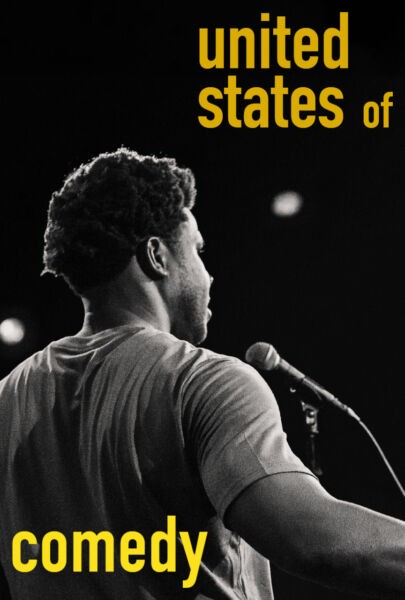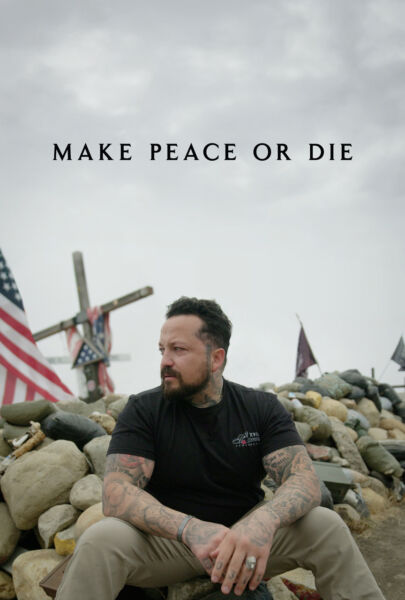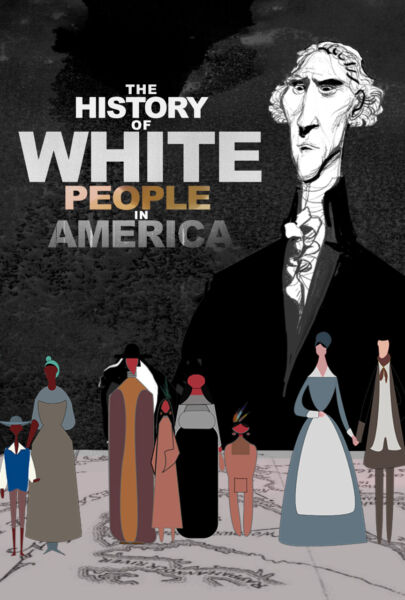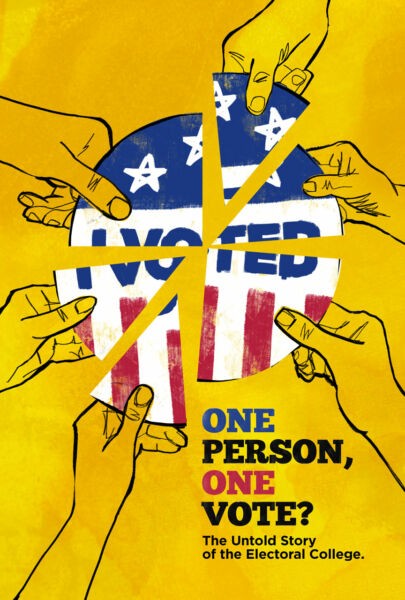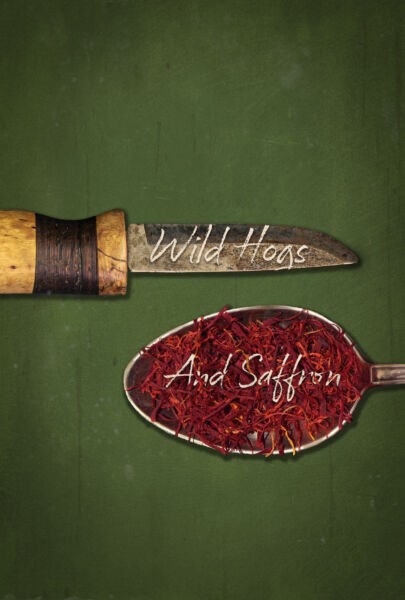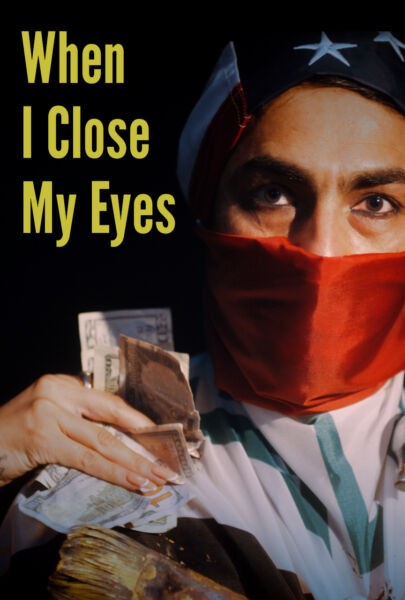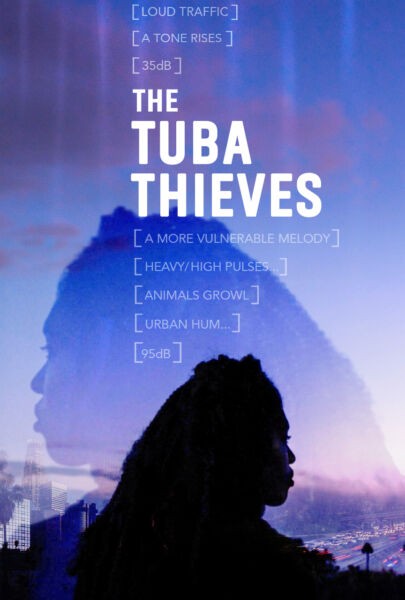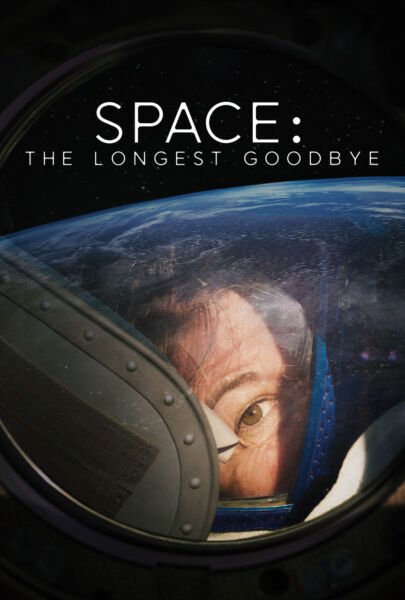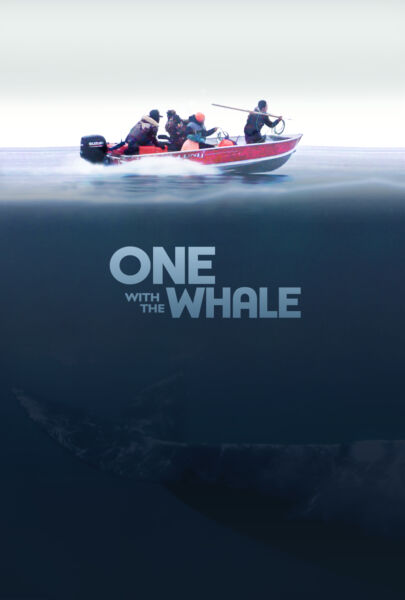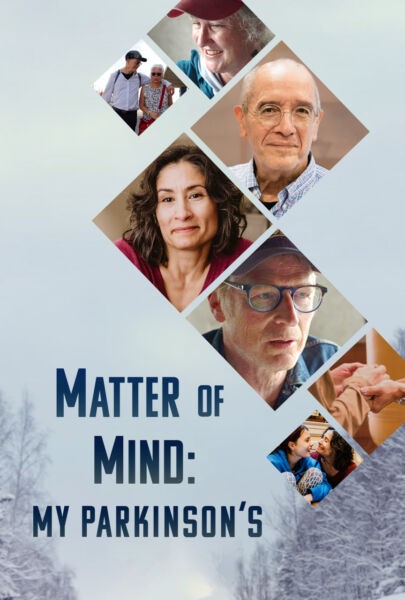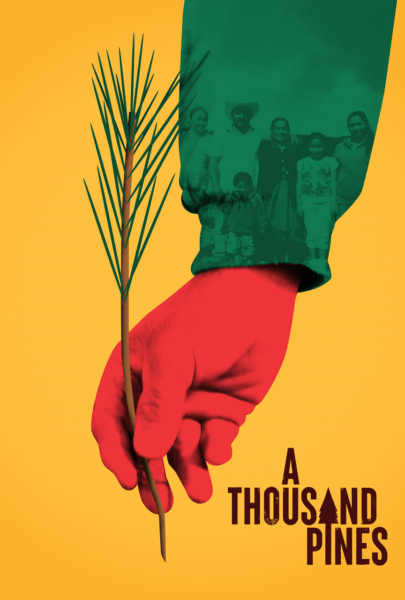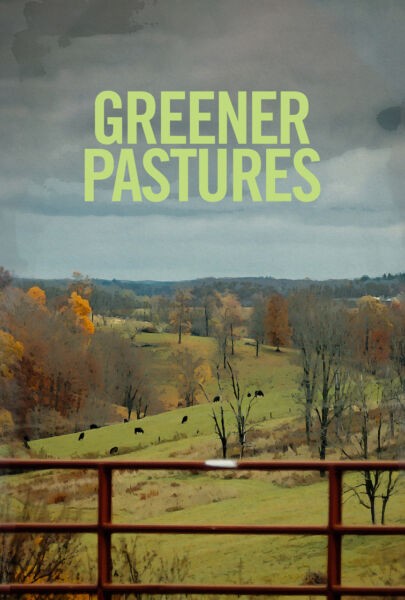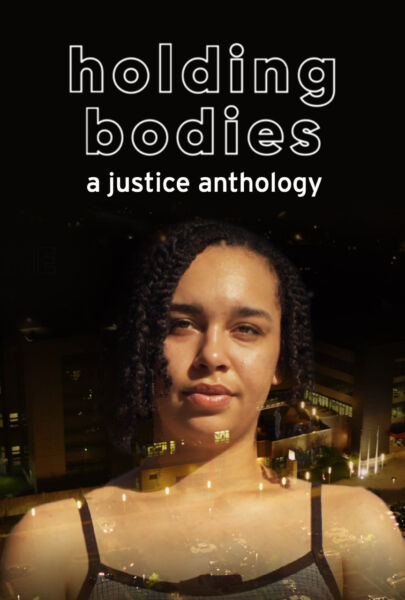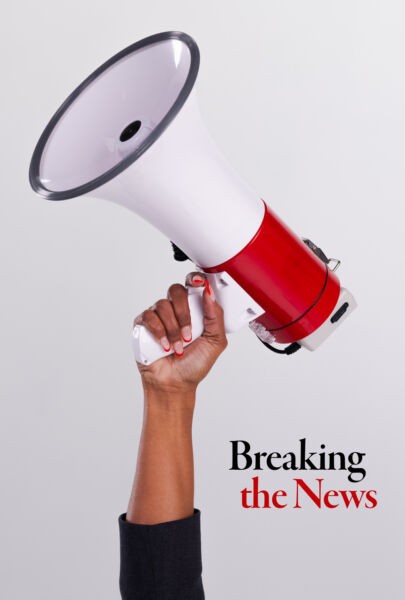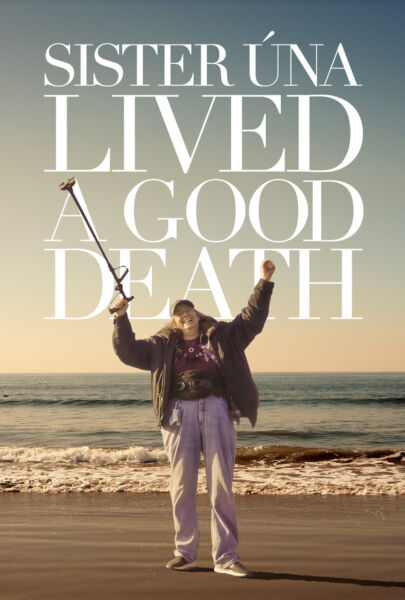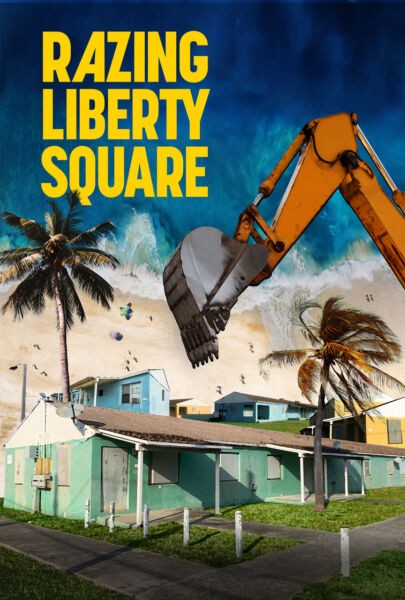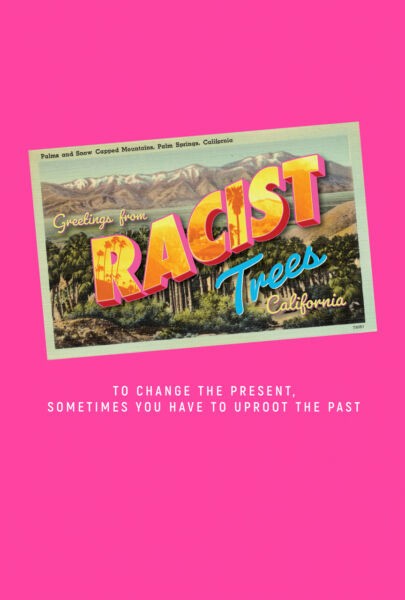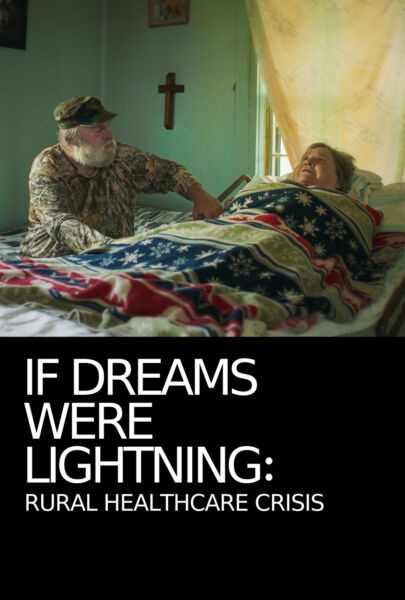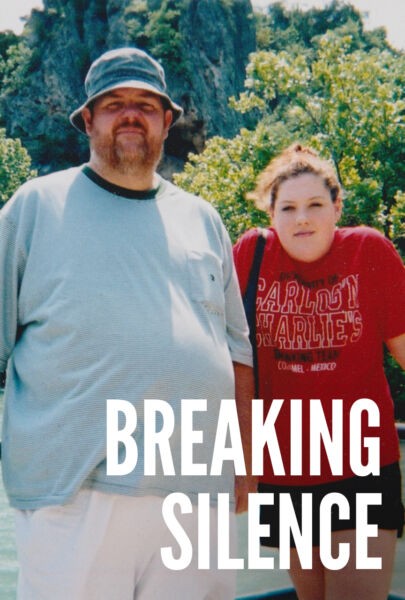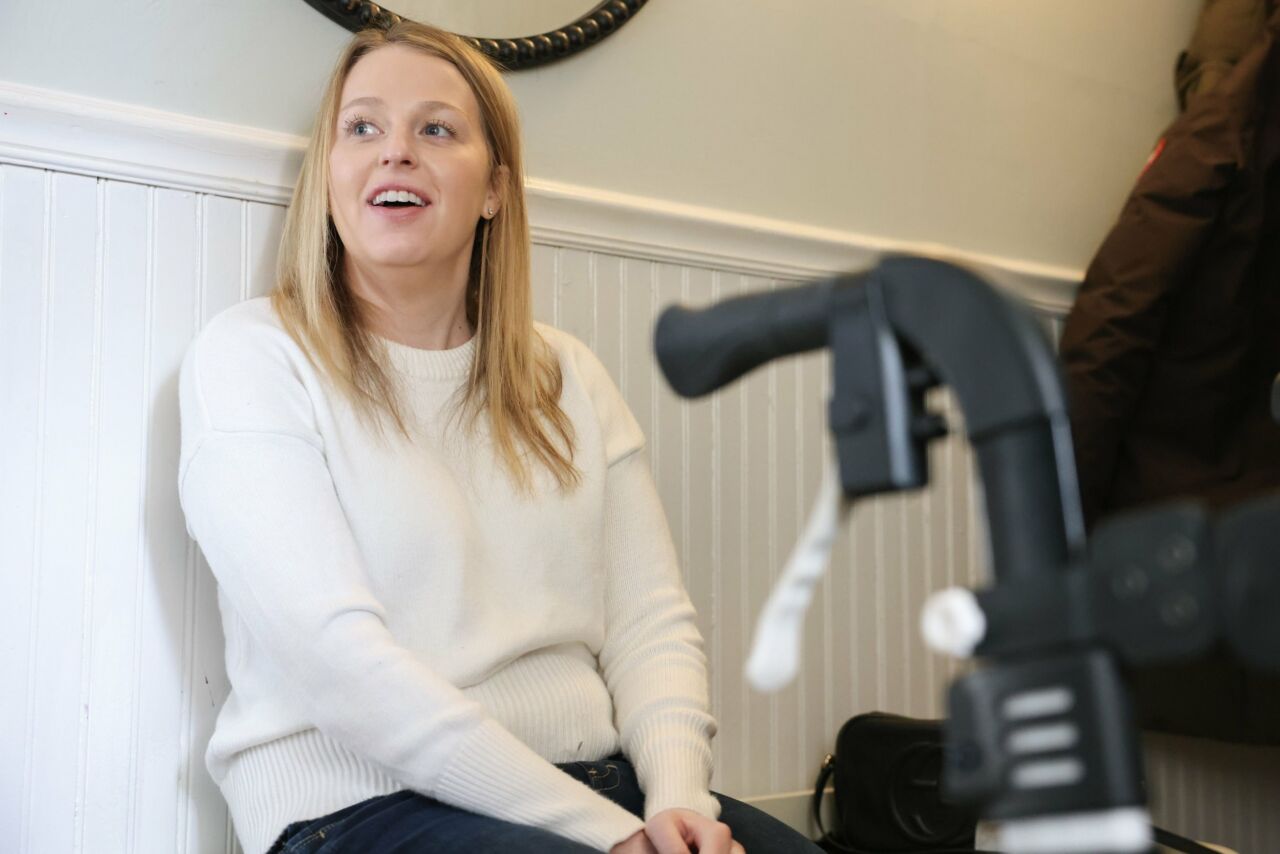
After being diagnosed as a young woman with ALS (Amyotrophic Lateral Sclerosis), Michele “Shelly” Stellato said, “We had to decide what to do with the time we had left.”
Part of that decision on living life in the moment despite the reality of her diagnosis includes maintaining a sense of humor.
A communications professional, Stellato and her husband live within shouting distance of an expansive and mood-boosting network of friends and family in New Jersey, who help her—as she helps them—keep things light.
Michele is featured in the documentary Matter of Mind: My ALS. She talks to us here about how she uses humor to both cope and remain an engaged activist fighting for research, and addresses some common myths and misunderstandings about the progressive neurodegenerative disease.
Laughing Through Pain: “My Family Is Big on Humor”
Humor and storytelling have always been a big part of my personality. My husband will tell you that I tend to have a quick-witted comment up my sleeve, and I’ve been known as someone who can lighten the mood in any situation. My family is big on humor, especially my father. He assumes the role of entertainer in all social settings. It seemed natural for me to incorporate humor as I was sharing my ALS story because that’s my way of communicating and connecting with people.
When I was getting immersed in the ALS world, a lot of the messaging was cold, very clinical and the commentary was often hopeless and angry… understandably. Even as a person with ALS, I was a bit deterred [about] learning more. The disease is so complex and I knew so little. The more I read, the more depressed I felt. It was like information about ALS was living in one sad bubble of only people who were directly impacted.
View this post on Instagram
Significant medical advancement required mainstream attention and I wanted to help bring ALS into the spotlight. I started thinking about how I would want the message to be delivered and what would grab my attention. I landed on humor and visual storytelling. I wanted to show people what ALS was in an approachable way.
My favorite example is the ALS obstacle course video I created with my friend Mackenzie. After noticing all the simple tasks I was struggling with due to weakness and stiffness, we were cracking jokes about how life has become an obstacle course and knew we were on to something. We set up a bunch of activities like using scissors, opening a water bottle, and carrying a mug of coffee, and recorded me fumbling through the whole thing.
I was able to explain why these tasks were so difficult for me and I couldn’t help but laugh at myself. Having a sense of humor about my condition doesn’t mean I’m not angry, sad, and frustrated. Laughter is my outlet. Sharing my story in this way is very therapeutic for me.
View this post on Instagram
Boosting Moods with a Network
I have the most amazing support system. My friends are more like family, and we get together in a big group very often to eat, drink, and just celebrate life. My husband Kevin and I love hosting and our house is full of visitors most weekends. We truly enjoy being all together.
We also find a lot of joy in planning events to raise awareness for ALS. We’ve created an organization, Fight ALS Now, to do just that. We organize an annual golf tournament, a wine tasting, events at breweries, and most recently a comedy show. The proceeds go towards my medical expenses and we also raised $100,000 for Project ALS, a nonprofit focused on developing new treatments for ALS. These events have filled our social calendar and we have a blast at them.
While we all wish we weren’t in this position, we’ve found a way to have fun and make the best of it. It’s really taught us to appreciate each other more than ever. This experience united us all.
Stand Up for Shelly
“Stand Up for Shelly” is the brainchild of my friend Amanda who’s one of the funniest people I know. She’s also an extremely dedicated friend and a talented event planner. A close friend of hers is a comic. We attended many of her comedy shows. She has several contacts in our local comedy scene and pulled together a lineup of comics for our show. Amanda and the Fight ALS Now crew booked a venue, gathered raffle items, and sold tickets for a night of food and laughs.
We had a sold-out show with around 100 attendees. As I watched the room fill up with family, friends, coworkers, teammates, people I haven’t seen in years, plus people I didn’t know, I was overwhelmed. There are so many people who want to be there for me.
View this post on Instagram
While we all know the circumstances I’m facing are sad and serious, we took advantage of a chance to be together and laugh. You could feel the energy in the room was love and support, from the attendees, to the staff, and the comics.
I’ve noticed that my demeanor sets the tone. If I can get myself together and put a smile on my face, everyone else feels a sense of comfort to enjoy themselves. That’s what I want. If I can raise awareness for ALS while squeezing as much joy out of life as I can, then that’s a win.
Putting People at Ease Despite the Awkwardness
So many people don’t understand what ALS is, so they tend to be even more confused after sharing my diagnosis. I get a lot of people talking loudly and slowly to me. People assume I don’t remember who they are simply because I’m not able to speak. I try to give everyone some grace as we’re all navigating this together and people mean well.
The thing about ALS is it’s always progressing, so it’s not just a one-and-done ordeal to face people with your disability. At first it’s a limp, then using a walker, then slurred speech, then a wheelchair, and so on. I try to bring a little humor to each phase.
When I first started wearing an ankle foot orthotic (AFO), I could only wear sneakers. A friend [was having a] wedding. My friends caught wind that I was bummed I couldn’t wear heels and decided they were all going to wear sneakers with me. When our group arrived we made quite a statement.

Months later when I was using a walker, we were invited to a Halloween party. I decided to incorporate my walker into my costume by taping a horse to the front and dressing like a cowgirl. People thought it was hilarious and a good way to break the ice.
Now that my verbal communication is impaired, I use an app on my phone to speak. I’m constantly cracking jokes and it pleasantly surprises people. Humor is a great way to start a conversation and I want people to know I’m still me regardless of my mobility and speech limitations.
Myths and Cliches About ALS
There is so much people don’t know. ALS is a big bucket you get placed in, but each case is unique. Some people only have symptoms in their legs, but their hands and voice are not impacted for a long period of time. Others can walk, but their arms are paralyzed. 90% of ALS cases are sporadic, meaning the cause is completely unknown, and 10% of cases are linked to a genetic mutation.
People labeled as having ALS don’t all have the exact same issue. There are so many variations, no conclusive test to confirm you have ALS, and no scientific way to track the disease progression with biomarkers.
All these factors make developing treatments extremely complex; a one-size-fits-all approach will not work when treating this disease. People would be shocked to learn how much about ALS remains a mystery, even though it’s been around more than 200 years.

Communicating the ALS Story
I knew I needed to find a way to take a complex issue and make it simple to understand. I also knew the way to engage an audience is to tell a story. Throw facts and figures and medical jargon at people and they’ll glaze over, but if you share a compelling story they’ll remember your message.
My story was about a girl who had minor symptoms that could have been easily ignored (hand weakness and muscle twitching) that turned into a fatal disease diagnosis. I knew ALS was confusing, so I decided to share specific scenarios where my life was changing.
“We still enjoy traveling, eating, and drinking—even if some of us are now pouring shots into a feeding tube instead of our mouths.”
I wanted people to understand the full scope of how ALS was affecting me, especially as a young, otherwise healthy woman. I showed how my hands were beginning to curl, how I started limping, slurring my speech. I recorded videos discussing how ALS was impacting me mentally.
I’m passionate about raising awareness that ALS impacts young women like me. I’m a member of Her ALS Story, an organization of women diagnosed before age 35. We currently have more than 50 members and sadly our group is growing each day. My hope is the film will advance my efforts.
The images we see of ALS are overwhelmingly older, white males and that’s simply not an accurate portrayal. ALS reaches every age, nationality, and race. When people realize this could happen to anyone, it becomes more relevant and urgent to find effective treatments. I love that the film highlights underrepresented communities to illustrate ALS is truly an equal-opportunity disease.
Matter of Mind: My ALS does an excellent job of showing how ALS manifests in patients. The limitations, struggles, and all-consuming nature of the disease are evident. Hearing the average life expectancy is two to five years is shocking, but learning how difficult living with ALS is gives viewers a full understanding of the urgency to advance the science.
Her ALS Story is all about breaking stereotypes. Yes, we are living with a disability, but that doesn’t strip us of our identity. We’re still fashionable, sexual, adventurous, outspoken, intelligent women navigating the modern world, and we have a sense of humor, too.
We still enjoy traveling, eating, and drinking—even if some of us are now pouring shots into a feeding tube instead of our mouths.
Some of our members are parents, some are actively dating, and a number of women have continued in their careers. This group of women is living with ALS, pursuing our dreams in spite of our diagnosis.
How ALS Changed Michele
ALS is definitely the worst thing to happen to me, but it has also enhanced my life in so many ways by shifting my perspective. I’ve learned to live in the moment more and truly appreciate what I have. My relationships with friends and family are stronger than ever. I’ve fallen in love and continue to have a fulfilling marriage with my husband.
While I had to leave my career, I found more impactful ways to apply my skills. I feel like I’ve found my purpose.
It’s really been a crash course in how to get the most out of life. I realize that some people live their whole lives without feeling this way, and for that, I consider myself lucky.

